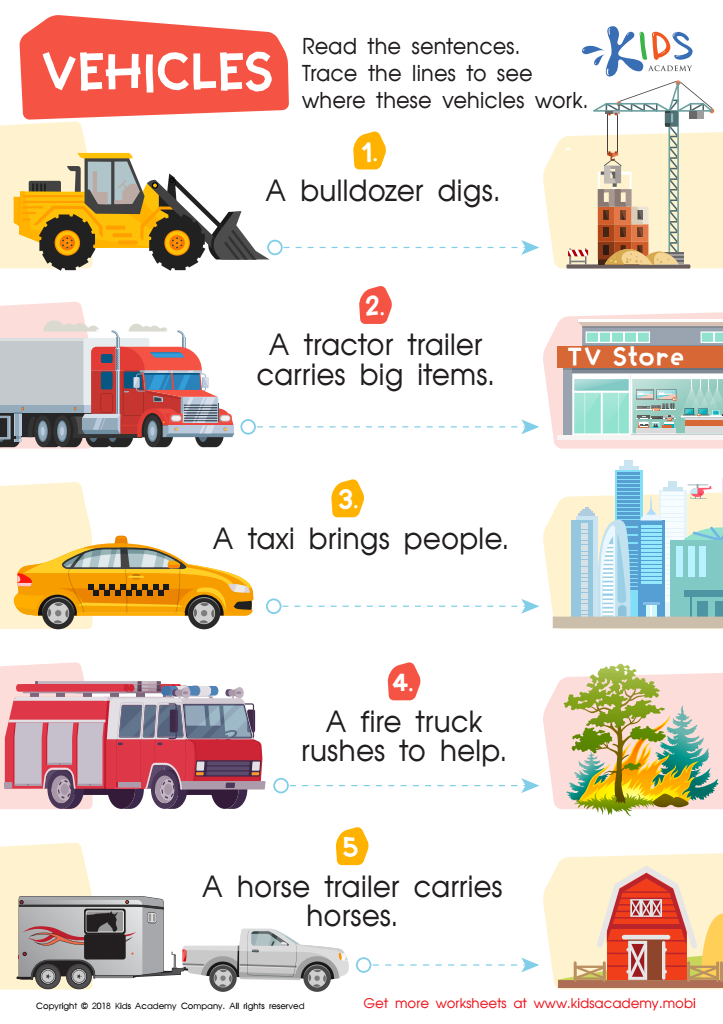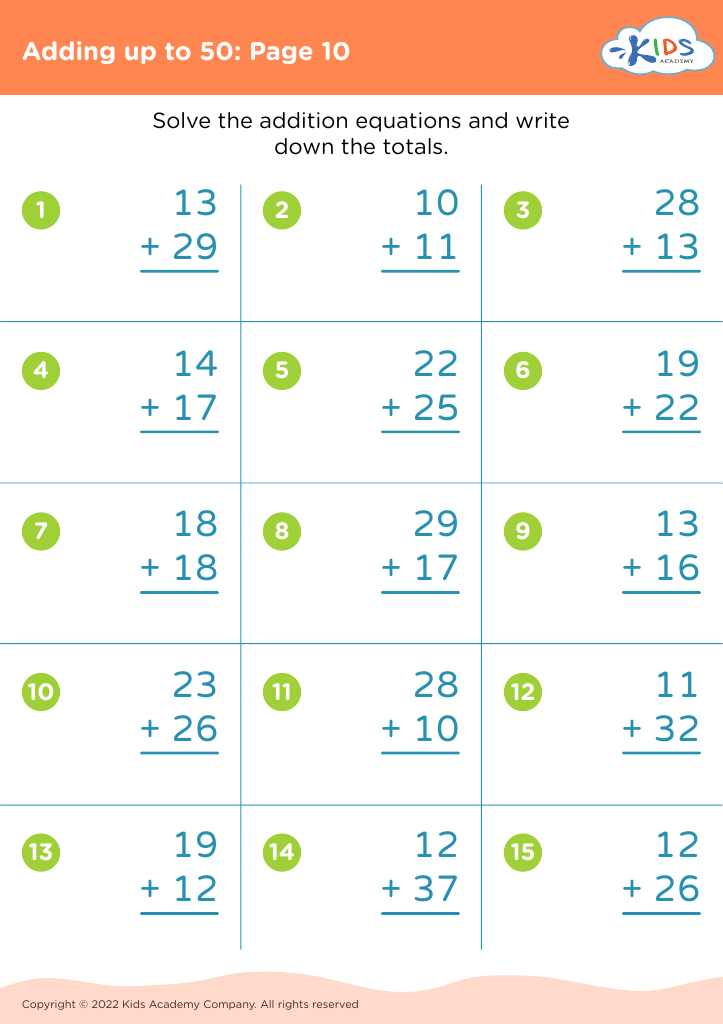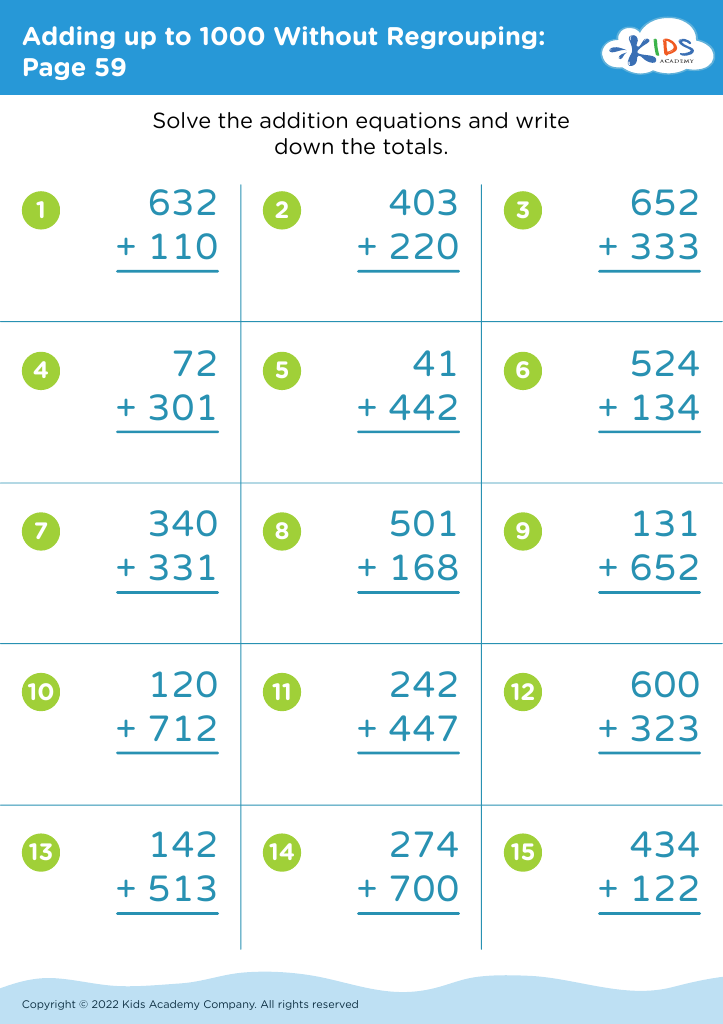Increase vocabulary Worksheets for Ages 3-8
3 filtered results
Difficulty Level
Grade
Age
-
From - To
Subject
Activity
Standards
Favorites
With answer key
Interactive


Vehicles Worksheet
This worksheet helps kids visualize vehicles in different environments. They can trace each vehicle and read basic sentences about it to learn how it moves in each environment. It's a great way to boost their reference skills.
Vehicles Worksheet
Worksheet
 Assign to the classroom
Assign to the classroom




.jpg)









